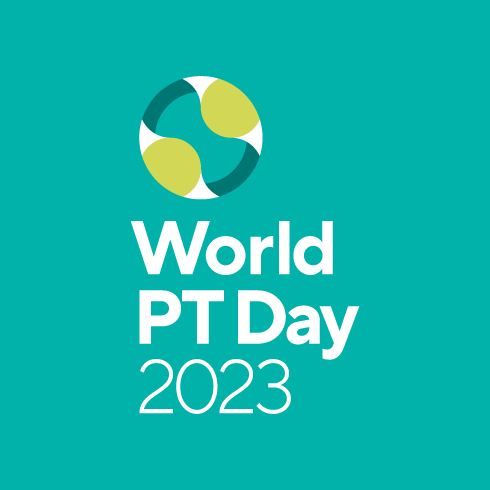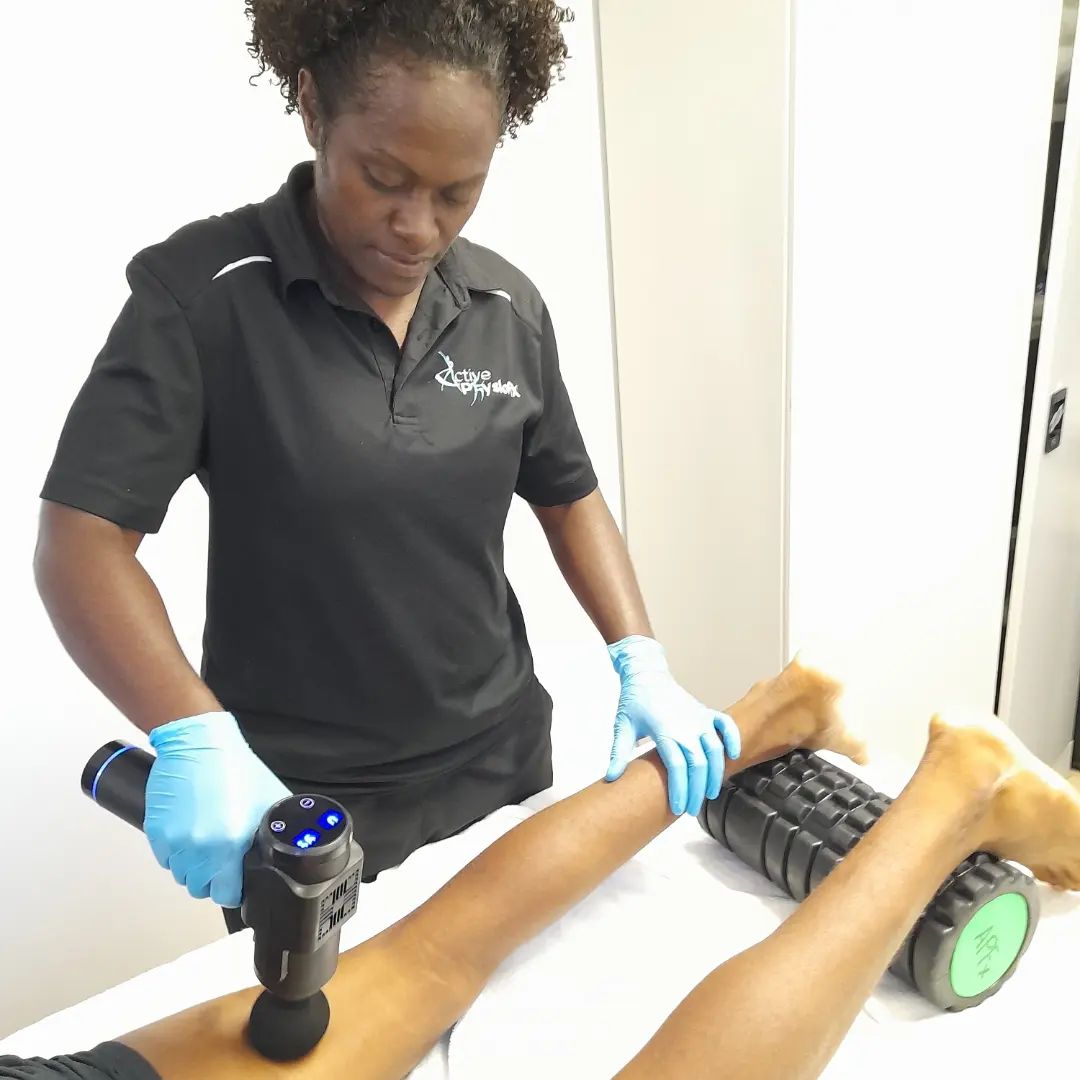Muscles are one of the most intricate and fascinating systems in the human body. They are responsible for movement, posture, and the regulation of numerous bodily processes, such as metabolism and blood flow. However, in order to maintain healthy muscle growth and repair, individuals must understand the complexities of muscle composition and utilize appropriate strategies.
Muscles are made up of thousands of individual muscle fibers, which are grouped together into bundles called fascicles. Each fiber is composed of myofibrils, which contain sarcomeres, the functional units of muscle contraction. These sarcomeres contain proteins called actin and myosin, which work together to shorten and lengthen the muscle fibers, resulting in movement. Additionally, muscles require energy in the form of ATP to contract and relax.
Maintaining a healthy muscle growth and repair session requires proper nutrition, exercise, and recovery. For athletes and professionals who rely on their muscles for their livelihood, it is essential to prioritize muscle health in their daily routine. Adequate protein intake is crucial for muscle growth and repair, as protein provides the building blocks for muscle tissue. Additionally, carbohydrates and fats are important for providing energy during exercise and recovery periods.
In terms of exercise, both strength training and cardiovascular exercise are important for maintaining muscle health. Strength training involves lifting weights or performing bodyweight exercises, such as push-ups and squats, to stimulate muscle growth and strengthen existing muscle tissue. Cardiovascular exercise, such as running or cycling, can help to improve circulation and oxygen delivery to the muscles, promoting their health and recovery.
Recovery is just as important as exercise in maintaining muscle health. Rest and sleep are crucial for muscle repair and growth, as well as preventing injury. Foam rolling and stretching can help to relieve muscle soreness and improve flexibility, while massage and acupuncture can improve circulation and aid in recovery.
For professional athletes and individuals who rely on their muscles for their livelihood, working with a qualified strength and conditioning coach or physical therapist can be helpful in designing a personalized training and recovery plan. These professionals can provide guidance on proper technique, exercise selection, and recovery strategies to help prevent injury and promote muscle health.
In conclusion, muscles are an intricate system that requires proper nutrition, exercise, and recovery to maintain healthy growth and repair. Prioritizing muscle health in daily routine through adequate protein intake, strength and cardiovascular training, and recovery strategies such as rest, stretching, and massage can help to promote overall health and wellbeing for both athletes and professionals.





